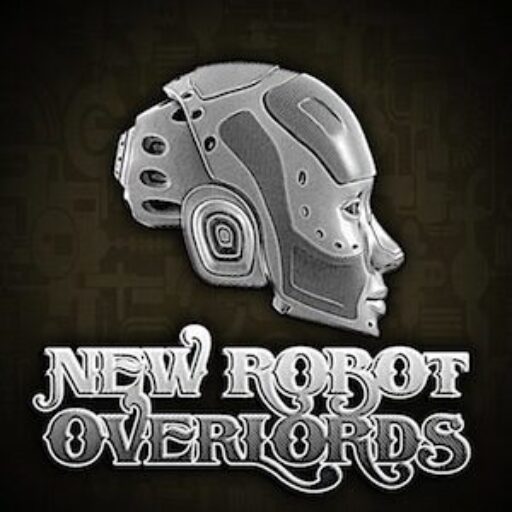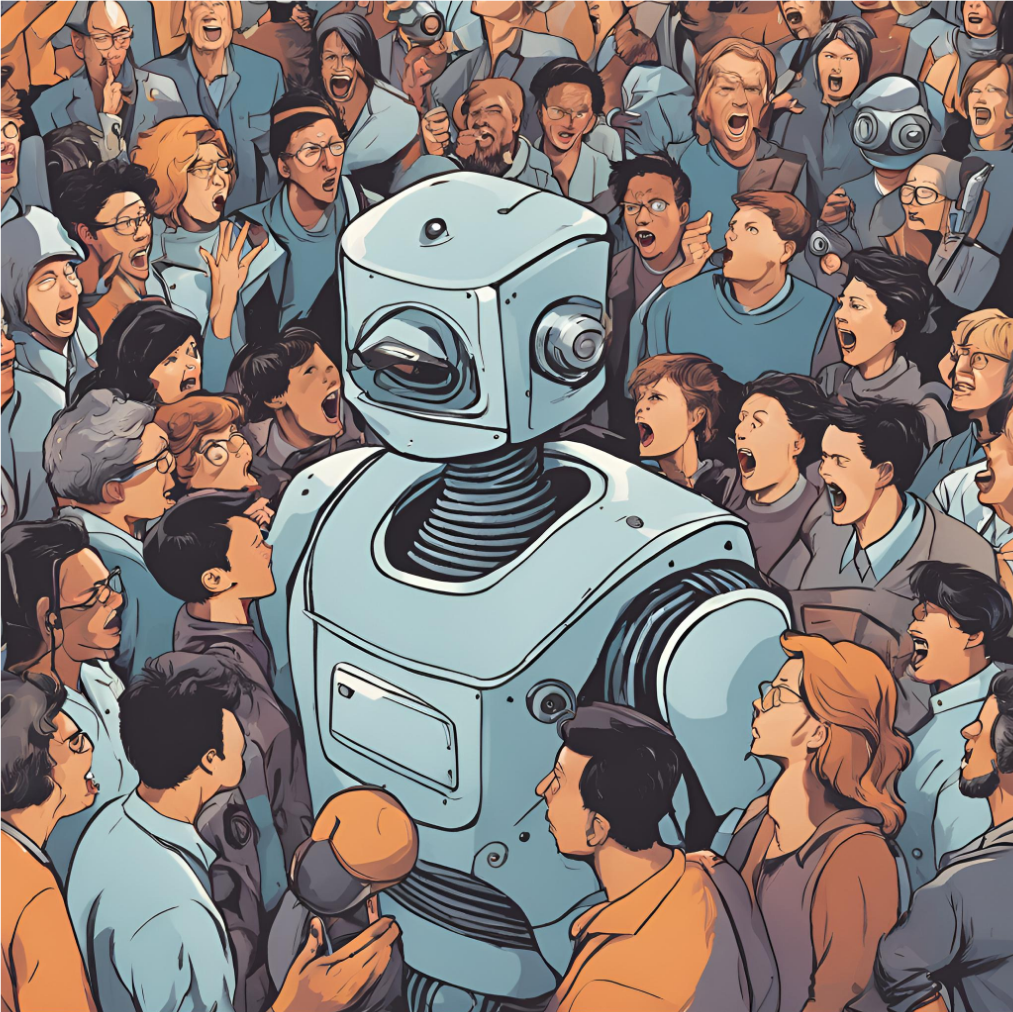The nonprofit National Novel Writing Month (NaNoWriMo) recently found itself in a heated controversy after publishing an FAQ defending the use of artificial intelligence (AI) in writing. This stance sparked a significant backlash online, leading to the resignation of several board members and the withdrawal of sponsor support.
At the heart of the debate is the ethical implications of AI in creative writing. Critics argue that generative AI models, which are trained on vast amounts of existing text, often without attribution or compensation to the original authors, raise serious questions about plagiarism and fairness. They contend that using AI in creative writing competitions undermines the originality and effort of human writers.
NaNoWriMo, however, maintains a more nuanced perspective. The organization argues that categorically condemning AI would ignore classist and ableist issues surrounding the technology. They suggest that AI could be particularly beneficial to those who might otherwise need to hire human writing assistants or have differing cognitive abilities.
Many writers, including those with disabilities, have found AI tools helpful. These tools can assist with tasks such as generating ideas, providing feedback, and even helping individuals with cognitive impairments to express themselves more effectively. Opponents of AI argue that the potential benefits for individuals do not outweigh the broader ethical concerns. They point to the issue of mass plagiarism by tech companies and the devaluing of human artistic skills.
The NaNoWriMo controversy highlights the complex nature of the debate surrounding AI in creative writing. It is essential to have open and honest discussions about its implications for creativity, ethics, and accessibility. NaNoWriMo’s stance, while controversial, serves as a reminder that the future of AI will require careful consideration of both its potential benefits and its potential drawbacks.



